
EDITORIAL
27-07-2020 by Freddie del Curatolo
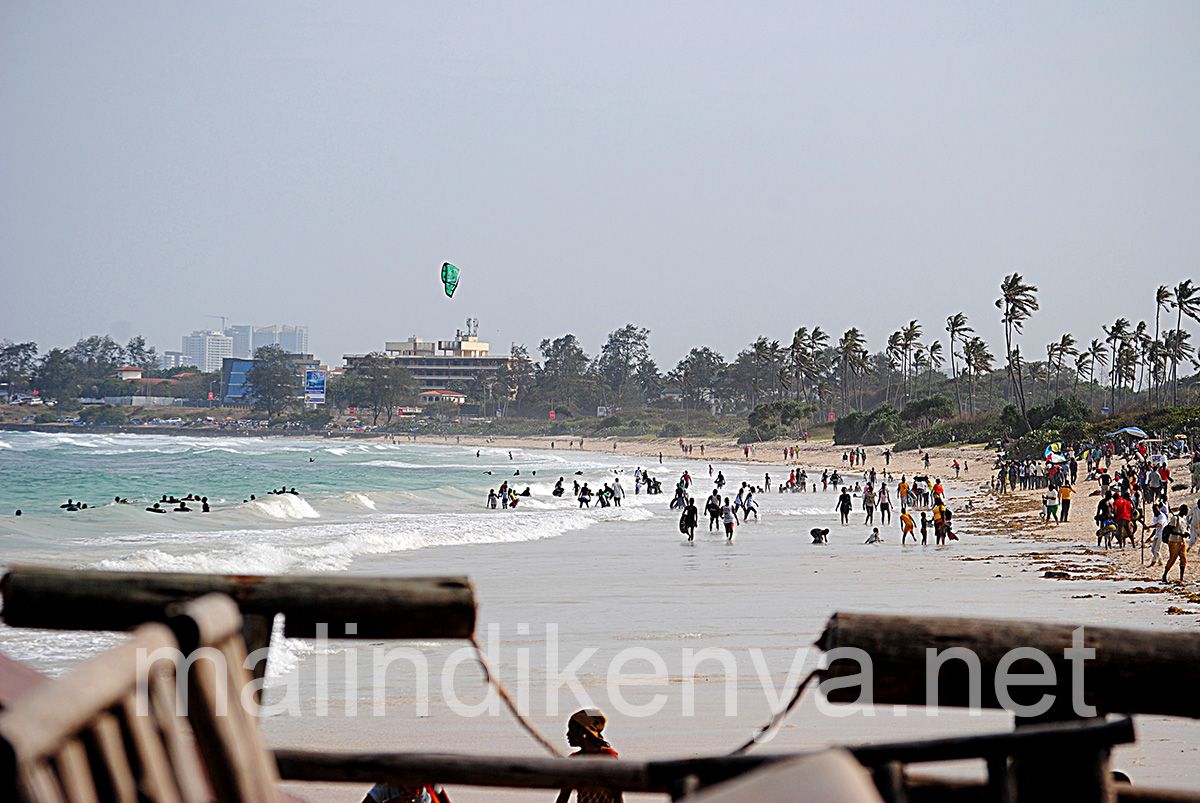
If in these months it has not been easy for an Italian to cultivate and grow within himself a coherent thought about the pandemic, shared by his own fears, needs and preconceptions, let alone for an Italian living in Kenya.
We have read and listened to, but not experienced personally, a considerable massacre of old and sick people, but also of some compatriots who were not old and did not think they were sick.
Someone also lost friends and relatives who, even less than those who were in Italy, he was able to visit or to whom he had to deny at least a virtual closeness.
In short, even those who remained among palm trees and bananas, as well as among the green hills of Karen Blixen, got the idea that the Coronavirus exists and there are those who leave us feathers.
Of course, here in Africa, we've mentioned it many times, everything is different.
It's often what makes Westerners fall in love with this place, we know.
The fatalism of the local population, the ancestral sense of the flow of things and its ineluctability, the precariousness of life of most of the people we meet in the everyday life of Kenya: these are the main reasons why one of us can afford to be agnostic about the pandemic.
The data, which are propagated with the approval of the international organizations that collect them in world rankings reducing them to a similar Premier League ranking, the count of the deceased and that of those hospitalized in intensive care in Kenyan hospitals, five months after the outbreak of the Covid-19 bubble, frankly can not yet worry.
If they do, it's simply because all around there are countries in worse shape and it's feared that sooner or later this could happen in Nairobi and the surrounding area. On the other hand, in Kenya it has always been said that everything is done "pole by pole".
And above all, worry who?
The Kenyans who every year see their relatives and fellow countrymen die in droves of malaria? (40,000 cases confirmed in the country, plus the unofficial ones) or a slice of the AIDS patients (1 million and 100 thousand) who do not follow or cannot afford adequate treatment? Or, women in rural villages who die of childbirth complications or related infections (about 5,000 per year), those who lose their lives to clandestine abortions (several hundred), the victims of pulmonary TB (more than those of malaria, including many children).
Fatalism and the acceptance of earthly departure as part of life itself, for Africans have always been natural antibodies, which also become immune defences of the social system.
Deciding only to get angry with those who administer health care, as many have done in Italy, even if only barking or relying on lawyers, here would be a perennial revolution.
On the other side, or rather at the top, there is a Government rather indebted to the economic giants of the Earth that from the beginning has formed an alliance with the World Health Organization and strictly follows its dictates, also motivated by funding and various discounts.
But there is also a middle class, formed thanks to the approach with the new economy, which cultivates the same ambitions and begins to suffer the same evils of the "First" World: it cares, goes on a diet, goes into debt for appliances and technology, goes on vacation, commits suicide out of love and so on.
The Covid-19 is certainly scarier for them, because they have something serious to lose and for some time now they no longer live by the day.
Returning to the Italians in Kenya, almost all of us here live thanks to tourism or its induced activities and the influx of foreigners into the country also for business or other reasons.
The prolonged lockdown, which would serve according to everyone (and why not believe it?) to preserve the country from the entry of the Coronavirus disguised as an Ugandan truck driver, Somali refugee or Asian trader (since the other countries are closed for the time being, however, also outgoing), has brought to its knees many countrymen who love to live in these parts but are neither nabobs nor adventurers of yesteryear.
Well, at this point you will say: this is the situation and Kenya has done what it had to do.
What can we do but wait for it to pass and return to a semblance of normality?
Very little, except try to understand what has been happening for a few months now in nearby Tanzania.
To make a brief summary, the Tanzanian "cousins" started like Kenya, the first month, to count the cases of Covid-19, to swab those showing symptoms and medical staff, especially in the cities. Taking the first summaries and seeing that Covid-19 had brought 509 people to the hospital, 21 of whom had died, authoritarian President John Pombe Magufuli, decided to get away from the WHO game (or yoke) and no longer report the data, not to spend public money or debt to buy tampons, ventilators and equip intensive care units in a country of 60 million people where if you already find a working hospital when you are sick it is a half miracle. For some an unwise dictator who endangers the lives of millions of "subjects", for others a realistic and enlightened man who does not let globalization get in his way, at the cost of remaining "poor" and isolated, Magufuli reminds us that Africans have always lived in this way and it will not be a virus that so far has killed less than 0.001% of the world population and in his country in a month 5% of malaria deaths, to make things worse.
The life of Tanzanians, according to Magufuli, an economist by profession, gets worse if you close the microcommerce, transport, even poor everyday life.
So, in fact, it has not been. Tanzania closed its borders only because there were no more international flights, the land borders with Zambia, Mozambique, Rwanda, Burundi and Kenya have always remained open. Now even, first among the states of Sub-Saharan Africa, it has reopened to tourism.
Mind you, not because it is Covid Free as the superficial "if it's not white, it's black" propaganda, but because you can see the virus as it is behaving so far at the Equator.
Most of the truck drivers who show up at customs between Tanzania and Kenya are positive for the swab and are sent back across the border.
Same Africa, neighboring countries and probably the same popular philosophy.
But completely different directives.
Of which that of the Tanzanian government might appear unconscious, but it is certainly more realistic and treats Covid-19 for what it is.
A great son of a bitch like so many you can meet around, dangerous or not.
Who knows if it is not more right and natural to confront him at the day, see how he behaves, become a friend or just an acquaintance. Ignore him with respect or receive him in the house making him understand that he will have to follow his rules serenely, a bit like when you are a guest of a maasai family in their manyatta.
Italians living in Zanzibar or on the mainland assure us that the hospitals are not overflowing with people with Coronavirus symptoms, that there are no unusual queues in front of the mortuary and above all that even in metropolises like Dar Es Salaam life has been quietly going on for months with overcrowded markets, restaurants and shops open and no masks required.
There is a focus, especially in places frequented by Westerners, on sanitizing and washing hands, and a general call for cleanliness which is still a good rule and in Africa could be the only positive trauma left by the pandemic.
For the rest, some videos put on the net by the online broadcaster AYO actually show Ethiopian planes landing at Kilimanjaro airport full of German and Scandinavian tourists who will enjoy the wonders of the Great Migration (lodges in the Serengeti with good occupancy, these days) and hotels on the coast and in Zanzibar preparing for the summer season.
Even the Kenyan press calls these tourists "brave".
"Brave tourists back in Tanzania to see the Migration" is the headline of the national newspaper Daily Nation, the same newspaper that tried to terrorize the population with a front-page article titled "Let's prepare for the worst" in which artisans are shown to be struggling with serial production of coffins waiting for the "peak" of Covid-19 in the country.
It seems that Kenya, too, in its process of modernization, of growth towards world parameters that measure well-being with GDP above 5% and the consideration of world powers with debts contracted, leaving the poor at the mercy of themselves or at most of willing NGOs, has understood that fear makes and makes money. Otherwise, how could one think that a country in which since last March 90% of positive cases are asymptomatic and heal without getting sick and without treatment, 50% of the dead (so to date 140 people) were already with one foot in the grave and another 40% were at risk, is still considering to remain closed and with a curfew regime?
And all the Kenyans who try, with understandable difficulties, to live from day to day as if nothing had happened, forgetting to wear the mask, continuing to save 20 shillings that allow one meal a day by getting in 3 on a motorcycle taxi and saving the little water to wash at the end of the day and not every minute their hands, are they unconscious or brave?
This is to think of an Italian in Kenya who goes out on the street and interacts, even with all the necessary precautions (even a little bit for Mediterranean superstition ...).
I have always said that in Kenya one often sees reality upside down and that for what has become reality elsewhere, this is the right way to consider life.
And I still think that to live as a Kenyan one needs a certain amount of unconsciousness.
Do you want to see then that in inverted reality "courageous" is becoming synonymous with "unconscious"?
Oh, yeah, it takes a lot of guts today to decide to live, but fear doesn't cost any effort.
Too bad it kills everything that doesn't die with the body.
NEWS
by redazione
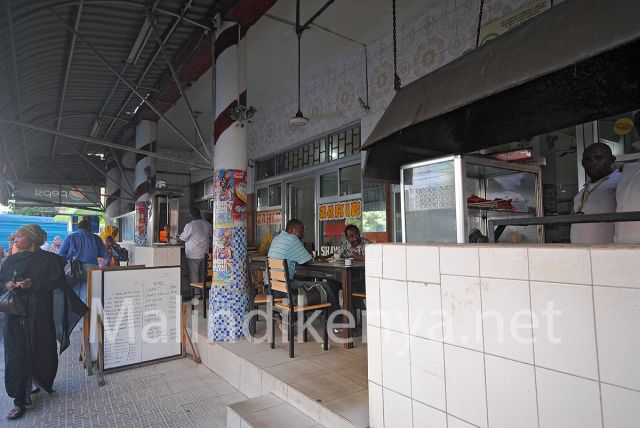
There should soon be an official communiqué from the Kenyan government about a partial reopening...
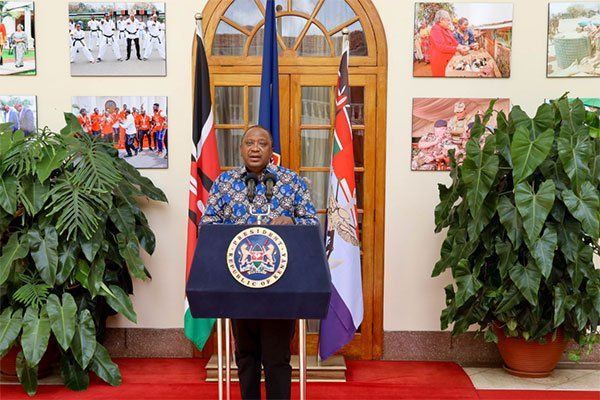
In the aftermath of President Uhuru Kenyatta's speech to the Nation, in which he announced the...
EDITORIAL
by Freddie del Curatolo
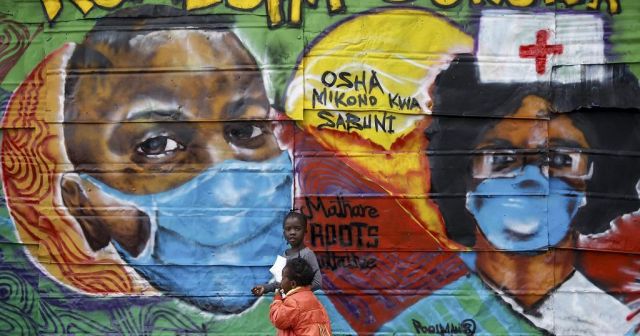
It is difficult, right now, to think about the total reopening of Kenya next...
COVID-19 RULES
by redazione
Click on the attached file to download and read the protocol of the Ministry of Tourism of Kenya for...
VOLI
by redazione
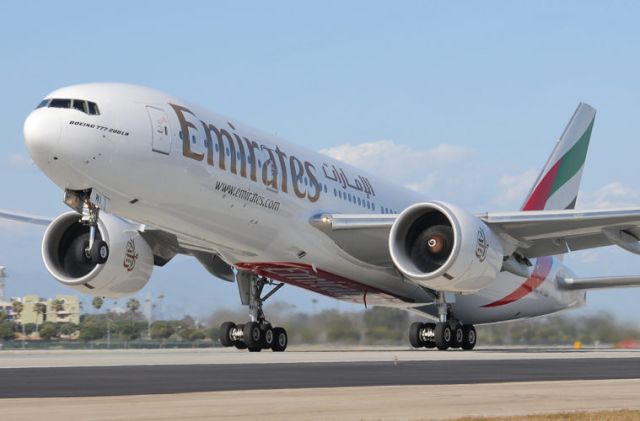
The Dubai-based airline, Emirates Airlines has decided from this morning, Sunday, December 26...
INFO
by redazione

As of October 2022, no vaccination is required to travel to Kenya.
As is...
NEWS
by redazione

Finally, the African Development Bank (AfDB) has agreed: Work on the construction of the transnational highway between
NEWS
by redazione

Universities and colleges in Kenya will reopen next Monday, October 5.
This...
NEWS
by redazione
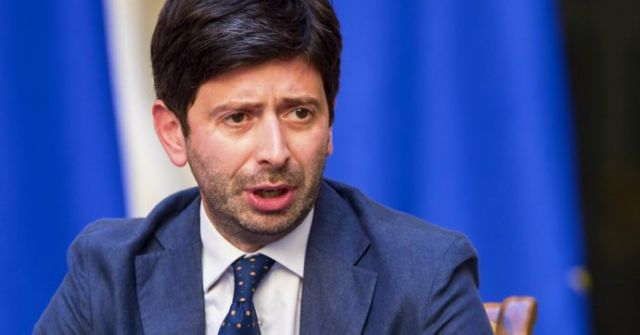
With an order signed by the Minister of Health, Roberto Speranza, the Government has...
NEWS
by Freddie del Curatolo

Rather than nothing, better rather, said the Milanese cabaret artist of the last century Walter Valdi, who also wondered...
TOURISM
by redazione
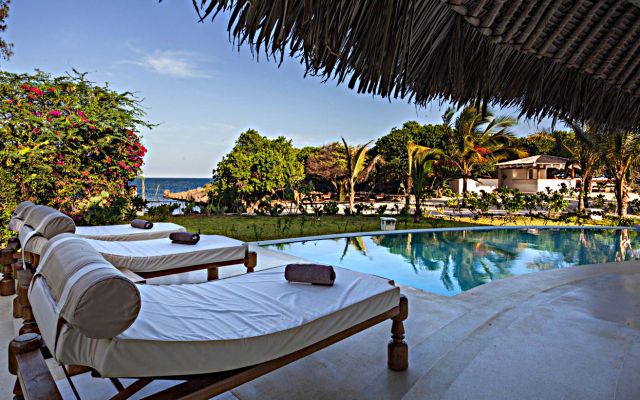
With the reopening of international air borders, albeit with restrictions and objective difficulties, Kenya...
NEWS
by redazione

A short while ago, Kenya's Minister of Transport confirmed that Kenya will reopen its airports to ...
VOLI
by redazione

As of today, Saturday January 29, the Dubai-based airline Emirates has decided to resume operations...
CORONAVIRUS
by redazione
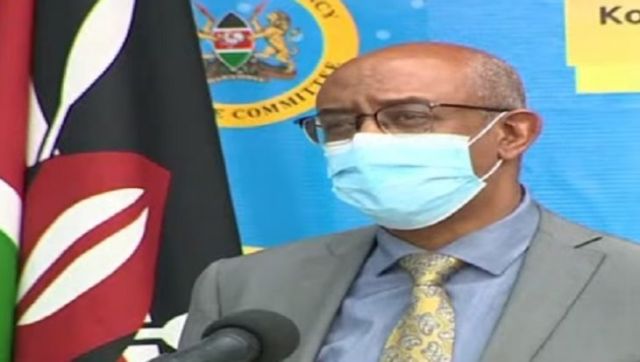
In the last 24 hours Kenya has recorded another 25 cases of Covid-19 positive cases, bringing the total ...
coronavirus
by redazione
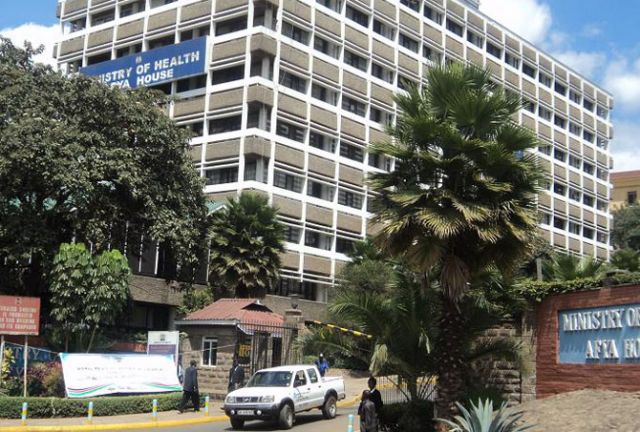
Record of recoveries from virus in Kenya in the last 24 hours. As...